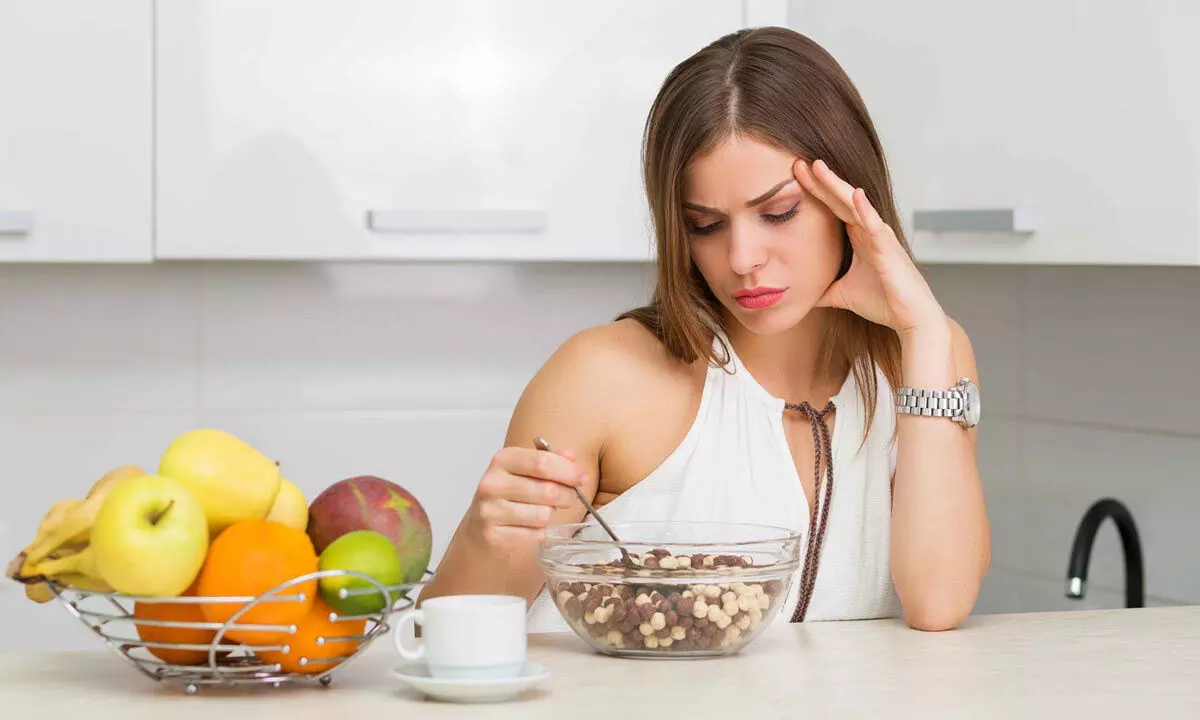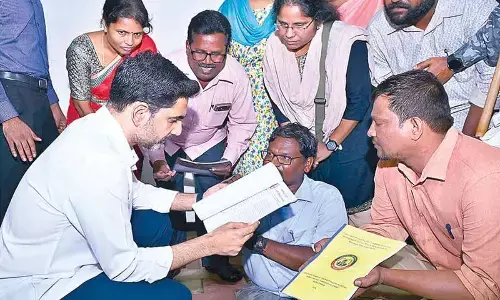Formulas to manage diabetes

Formulas to manage diabetes
Diabetes is a long-term health issue that affects how your body converts food into energy.
Diabetes is a long-term health issue that affects how your body converts food into energy. The majority of the food you consume is converted into glucose (also known as sugar) and released into your bloodstream. When your blood sugar rises, your pancreas sends a signal to release insulin which functions as a key, allowing blood sugar to enter cells and then be used as energy.
By Lavleen Kaur, Co-Founder & Head Dietitian, Diet Insight, "There are different types of diabetes, while some are manageable, others are even reversible. For example, Type 1 diabetes which is an autoimmune disease, attacks and destroys the cells in the pancreas, where insulin is made. On the other hand, type 2 diabetes occurs when your body becomes resistant to insulin and sugar starts building up in the blood."
So, let's find out three easy formulas you can implement in your routine to help you manage and even reverse diabetes.
RBC
RBC does not stand for Red Blood Cells; rather, it stands for "raw before prepared meals." Consuming raw foods, such as sautéed veggies or salad, before every meal can help people lose weight. For example, consuming fruits that contain fructose and balancing it with nuts and seeds, one hour before your breakfast will make sure you're full and thus ensure lesser consumption of carbs throughout the day. This regulates the pH levels in our bodies and hence controls insulin levels.
Proper diet is an essential component of having a healthy lifestyle, whether you have diabetes or not. However, if you have diabetes, you must understand how certain foods might trigger your insulin level and impact your blood sugar levels. It is not what you eat but more about how much you eat and how you combine different types of food.
RNC
Respects Nature's Clock. Our bodies listen to the biological rhythm of nature. If we consume our food according to nature's clock, then our insulin level will naturally be maintained but if we go against it, it will only lead to heightened irregular sugar level spikes. Mostly, diabetics are found in people who eat late dinner and directly go to bed after dinner; not giving their bodies enough time to digest the food, spiking the insulin level.
It's constantly suggested by Ayurveda and recommended by researchers that it's healthy to eat our largest meal at noon and an early dinner around sundown so that our bodies have a few hours to digest, repair, and rejuvenate before we go to bed.
CM vs PM
Learning how to calculate carbs is an important part of many diabetes control techniques because carbohydrates have the greatest influence on blood sugar levels. As diabetic patients become more focused on reducing carb intake and increasing protein portions in their diet, they forget the essential balance that the body needs to maintain. Therefore, focusing on PM (plate method) rather than the counting method is a better strategy for managing diabetics.
To begin, you will need a plate that is not too large. When you've found the right plate, it's time to fill it. Divide your plate into two imaginary lines on your plate to break it into three portions. Fill half of your plate with non-starchy veggies including cauliflower, cabbage, carrots, chicken, or lean pork. Plant-based protein sources include beans, lentils, tofu, nuts, and nut butter. Finally, add carbohydrates to the remaining one-quarter of the plate (remember complex carbs).
Another CM vs PM method includes not being a couch magnet but rather following a post-meal movement. Physical activity is another critical component of your diabetes control strategy. Your muscles utilize sugar (glucose) for energy while you work out. Regular physical exercise helps your body's usage of insulin.










